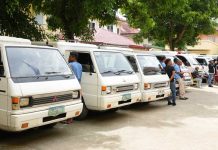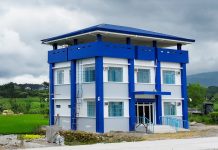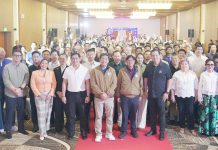TACLOBAN CITY — The Department of Agriculture (DA) will introduce climate resilient technologies in three Samar provinces as part of an initiative to help alleviate farmers from poverty.
This is the first time that adaptation and mitigation initiative in agriculture (AMIA) will be implemented in Eastern Visayas targeting beneficiaries of Special Area for Agricultural Development (SAAD), a project that provides intervention to poor farmers not covered by regular programs.
“Through AMIA, we want farmers to mainstream climate resilient measures meant to reduce losses arising from natural calamities. This is very helpful because our region is very vulnerable to weather disturbances,” said DA Eastern Visayas assistant regional director for operations Andrew Orais in an interview on Thursday.
SAAD recipients will be provided with seeds varieties and other inputs tolerant to impacts of climate change. Farmers will also be taught on proven climate resilient practices in farming, said Orais.
A major component of the AMIA project is the national color-coded farming guide map, which identifies crops that are most suitable in agriculture parcels, and overlays soil properties, elevation, rainfall pattern, temperature, and more importantly, the projected climate-induced multi-hazards.
The DA is eyeing a P1.37-billion outlay to assist less privileged farmers in three Samar provinces under SAAD.
From 2016 to 2017, the department has already poured in nearly P20 million to poor farmers not covered in regular programs of the central government. The project focuses on improving production of rice, corn, vegetables, and livestock.
The DA regional office is proposing P898.74-million budget for SAAD projects for 2019 to 2022. The initiative aims to alleviate 37,669 farmers from extreme poverty, said Orais.
DA aims to reduce poverty in Samar provinces by 25 percent in the next three years from 55.4 percent in Eastern Samar, 43.5 percent in Northern Samar, and 43.5 percent in Samar.
(SARWELL Q. MENIANO/PNA)



